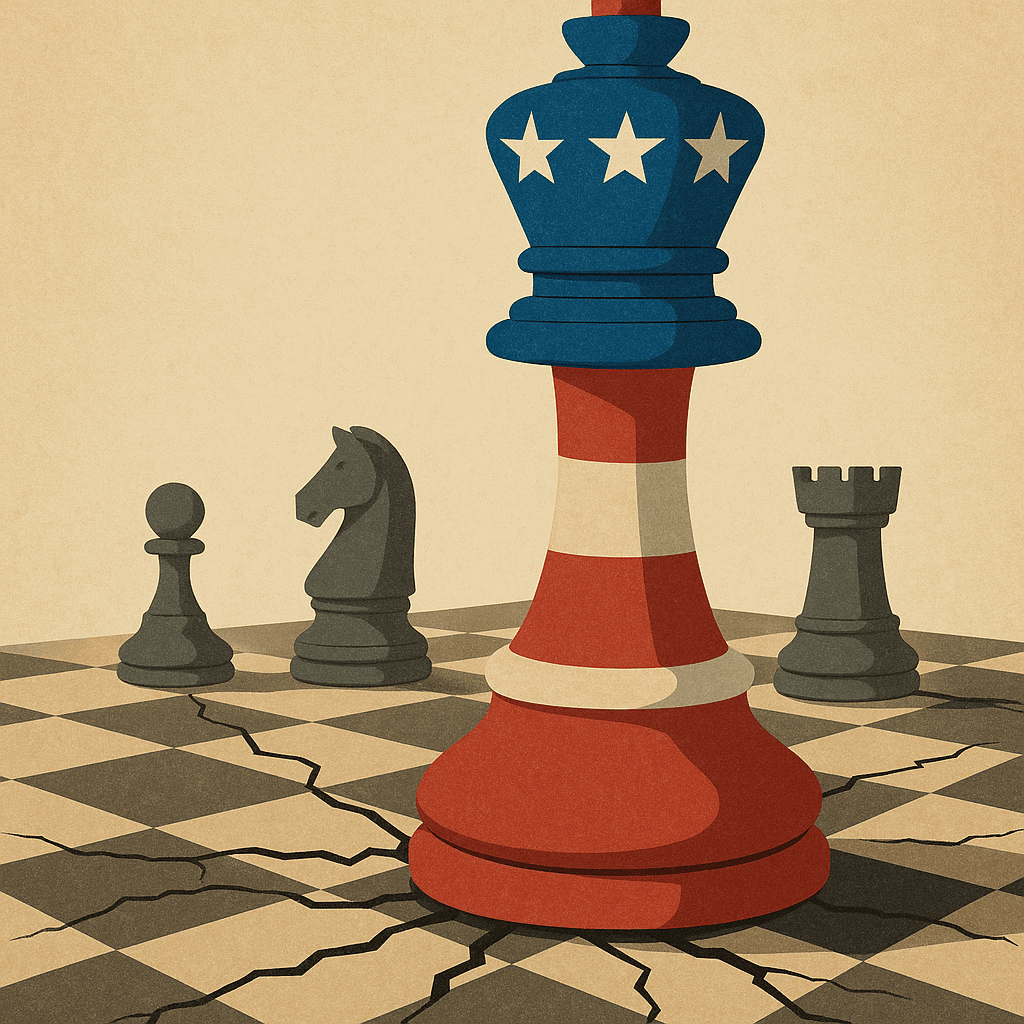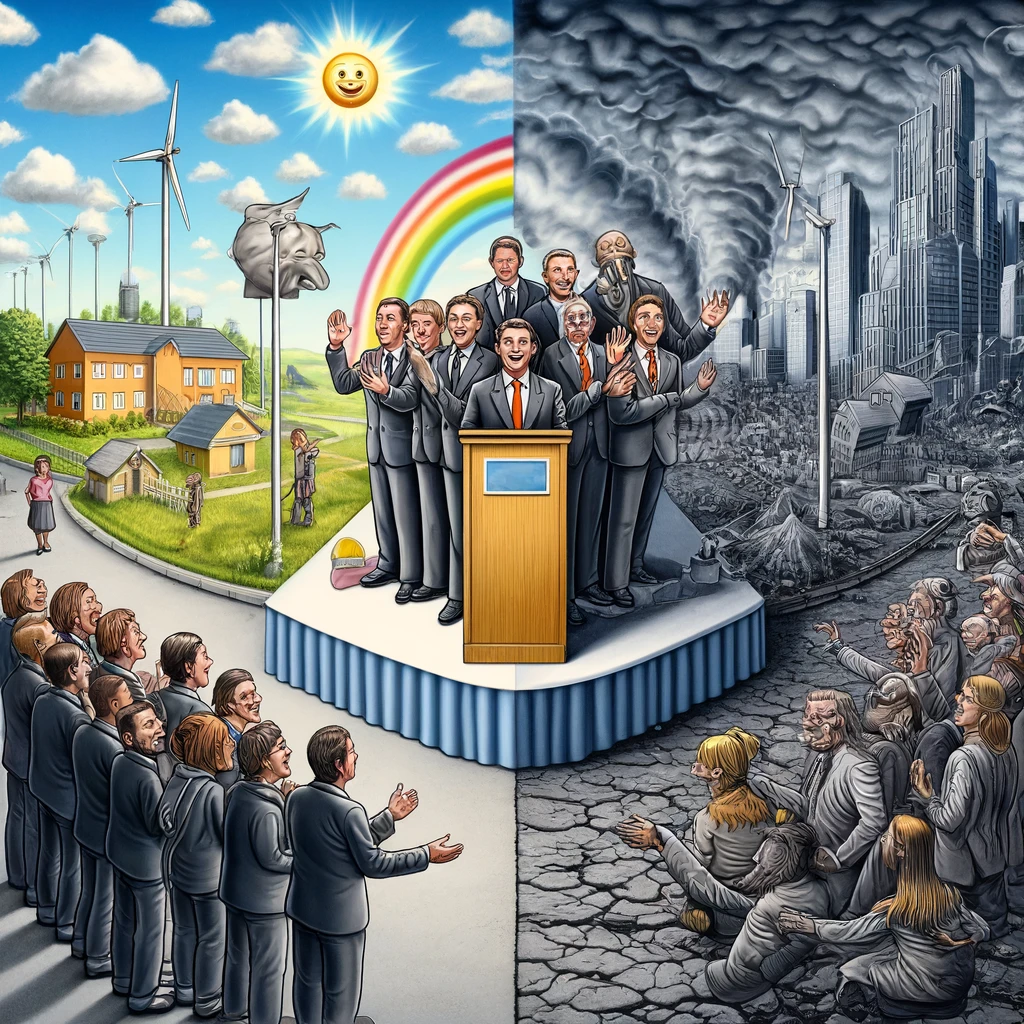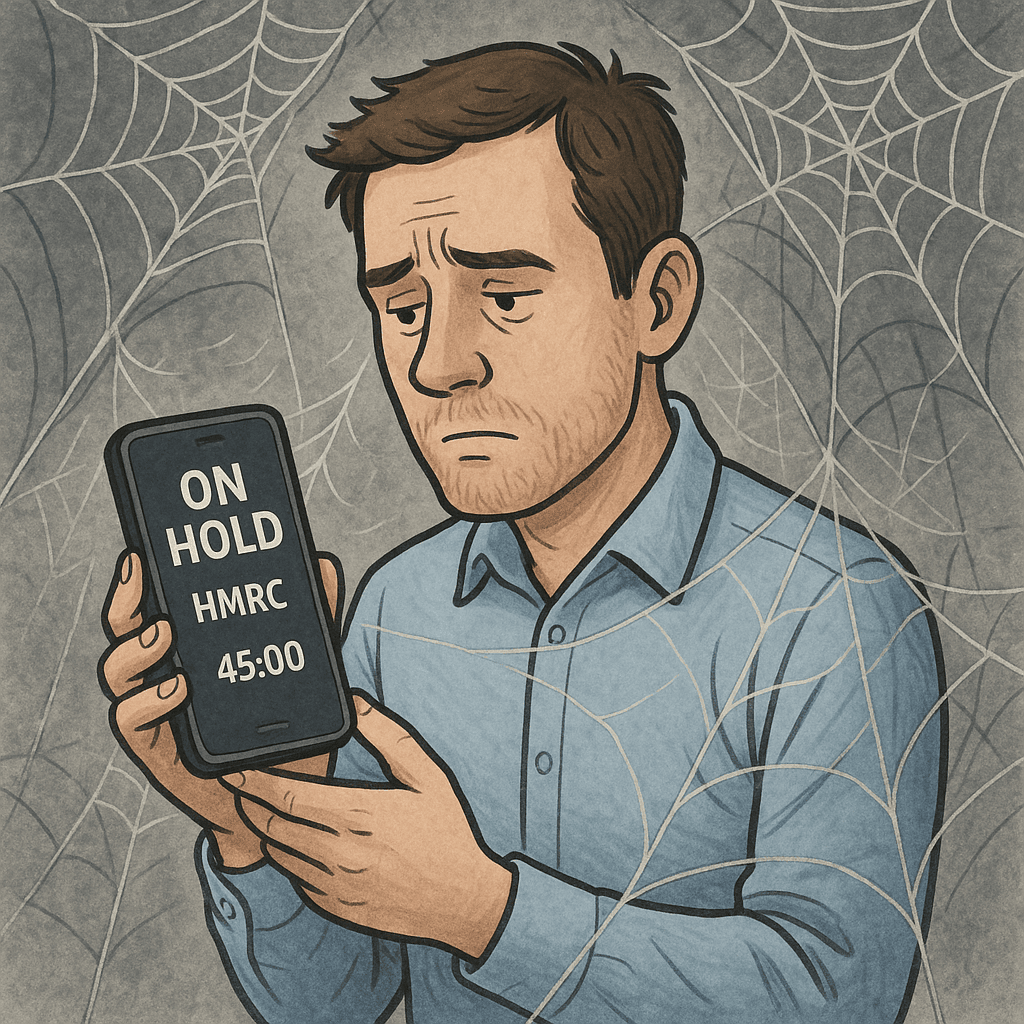To many people, mostly outside the U.S., Donald Trump’s ongoing actions must make him appear like a selfish child who wants all the toys to himself.
He makes a decision and it has an immediate and damaging effect on financial prosperity and individual people.
It seems insane that one person has so much power and has done more boat-rocking in 2025 than previous leaders have done in decades.
I watched some of the cabinet meetings where all his people are sucking up to him, telling him how wonderful he is etc. It’s sickening to watch and I often had to switch the news off, thinking “HOW can people be such sheep?!”.
It remains to be seen how future generations will look back on his second presidency and whether those views will be positive or negative.
A small part of me thinks “suppose his whole self-centred focus on the U.S. being as strong as it can be actually makes them super-successful – is that actually a bad thing for most Americans?”.
But I mostly view him as being self-centred and dangerous, which are traits he’s likely breeding into successors, including his children.
Trump’s “One Big Beautiful Bill Act” gave a short-term sugar rush to the economy – GDP is nudging upward (as at August 2025), jobs are being created, and businesses are temporarily more buoyant. But the real story sits beneath: ballooning deficits, trillions in new borrowing, and fiscal uncertainty that future generations will inherit. The tariffs, meanwhile, bring in quick revenue but stoke inflation and create volatility. Economically, the U.S. looks stronger on the surface but is building fragility into its long-term foundations.
In the short run, Trump projects an image of a strong, self-assertive America – wielding tariffs like weapons, demanding loyalty from allies, and flexing executive authority. Yet the country’s true strength depends on trust, institutions, and alliances. Those are being eroded. Courts and agencies are still functioning as guardrails, but constant strain weakens them. America may appear more powerful in negotiation rooms, but over time, isolation, rising debt, and fractured norms could leave it weaker.
For Europeans, Asians, and others, Trump’s America feels less like a partner and more like a disruptor. Tariffs hit their economies, alliances are shaken, and faith in the U.S. as a stabiliser is fading fast. European surveys already show a majority see him as a threat to peace. Some countries are hardening against him with counter-tariffs or regional alliances, while others grit their teeth and strike one-sided deals. For people outside the U.S., Trump’s policies often mean instability in markets, higher prices, and a sense that the “world’s policeman” is highly unpredictable.
Most world leaders seem trapped in a maddening paradox: publicly they must engage Trump as the head of the world’s most powerful nation, privately they would likely scream into pillows at his unpredictability and unilateralism. For Europe in particular, the U.S. has shifted from dependable partner to volatile adversary. Leaders balance between pushing back (counter-tariffs, stronger EU defence talk) and reluctantly dealing with him to protect their own economies. The unspoken reality: much of the world now attempts to manage Trump, rather than working with America.
Trump does display clear authoritarian traits – aggressive centralisation of power, suppression of dissent, undermining institutions, and appealing to populist loyalty. These echoes of dictatorial behaviour have prompted comparisons with authoritarian regimes and serious concern about democratic erosion.
However, unlike established dictators, Trump has not fully dismantled democratic institutions or legal constraints, nor does he hold entrenched institutional control, therefore – by strict definition – he is not yet a dictator.
So we have this frankly insane current situation where one man, full-blown dictator or not – can impact the welfare (financial, personal and otherwise) of millions of people worldwide.
I haven’t even touched on the whole issue of the environment and his blatant lack of care for the future planet – he’s just making his position clear, whereas other nationalities are in reality little better, paying lip service to environmental concerns but doing little about it.
2028 (next U.S. elections) are a long way off. If the Democrats get back in, then we’d likely see reverses of much of what Trump did, particularly if it’s proven by then that there were negative impacts from his decisions. But if the Republicans stayed in power then it would just be a continuation of more.
What the world has to decide is what it does in the meantime to protect itself against what Trump does, or indeed anyone else in a similar position in the future. I feel that many countries will try to become more self-sufficient. Many may take tougher actions on some things (e.g. removing illegal immigrants), following the lead of the U.S. But they will all be looking at their country prosperity and what keeps each political power in control when it comes to their next elections.



